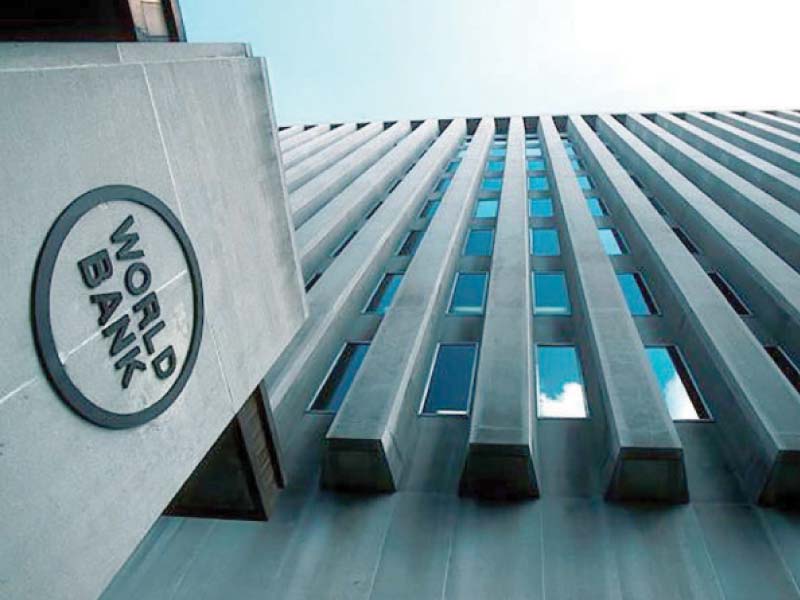
The World Bank has diverted $615 million from ongoing slow moving projects towards rehabilitation and reconstruction of the flood-affected areas, which Pakistan was unable to use due to multiple issues hindering implementation on these schemes.
The Washington-based lender had informed the Climate Resilient Pakistan Conference, Geneva, this week that it would contribute $2 billion towards relief, rehabilitation and reconstruction activities in the areas affected by floods. However, it is not new money, as the World Bank has already approved projects or it diverted funds from the schemes that were moving slow and the lender was considering cancelling those loans.
Of the $2 billion pledges that the World Bank announced at the Geneva conference, $615 million was taken out of schemes that had already been approved but were facing implementation delays.
This fact had also been highlighted by World Bank Vice President for the South Asia Region Martin Raiser at the Geneva Conference. He had stated that for immediate relief, $357 million was repurposed from the existing portfolio, supporting cash transfers, procurement of tents and emergency needs, as well as small urgent rehabilitation works.
In addition to that, Raiser told the gathering of the lenders and the donors that another $258 million was mobilised from existing projects for reconstruction, totalling $615 million of repurposed funds.
Also, on December 19, 2022, the WB had approved $1.3 billion worth of projects to support the recovery, rehabilitation and reconstruction process. These operations, some prepared under emergency procedures, were aligned with the priorities and principles outlined in the government’s Resilient Recovery, Rehabilitation and Reconstruction, known as the 4RF framework.
At the Geneva conference, Pakistan had received at total $9.7 billion worth of pledges, including $2 billion that the WB had already given in various forms.
Addressing a news conference at his house after returning from Geneva, the jubilant Prime Minister, Shehbaz Sharif, had said that the pledges had beat the government expectations and if he disclosed the internal very low expectations, people might have hit the roof.
Finance Minister Ishaq Dar had said that over 90% of the total pledges were in the shape of loans.
The WB also plans to approve some new projects in Balochistan, Khyber-Pakhtunkhwa and Punjab that would bring additional resources to support the reconstruction across all affected districts of the country, according to Raiser.
In September last year, the World Bank had for the first time announced that it would give $2 billion in for flood-related activities and subsequently it approved $1.3 billion worth of projects in December –a month before the Geneva conference.
In August last year, the World Bank had identified at least nine troubled projects that might have faced loan cancellation of over $730 million, including concessionary financing of $400 million. These projects came under the axe due to the poor performance of Pakistani authorities.
At that time, some in the Ministry of Economic Affairs had claimed that they would not allow the WB to repurpose the existing portfolio without realising that the lever was in the hands of the lender due to the poor performance of the Pakistani authorities.
It was understood that $615 million had now been diverted from the projects that were falling behind deadlines. The cancellation of IDA lending was considered a serious issue, as countries often fought for access to the cheaper long-term loans, even if they had the financial muscle.
The World Bank is funding 54 operations in Pakistan costing $13 billion, which include both the IDA and IBRD loans. However, 67% of the portfolio was undisbursed while the ratio was 61% for the federal projects as of last year.
Foreign-funded projects had always remained behind schedule and were often restructured due to implementation-related challenges.
Projects like Punjab Sustainable Rural Water Supply and Sanitation Scheme, Punjab Resource Improvement and Digital Effectiveness, the Higher Education Development Project, the Punjab Agriculture and Rural Transformation Programme, the National Transmission Modernisation Project, the Pakistan Hydromet and Climate Services Project and the Khyber-Pakhtunkhwa Economic Corridor project were facing delays.
Losing cheaper project financing was criminal particularly when there was little window left due to huge reliance on budget support loans.
During the last fiscal year 2021-22, Pakistan signed new agreements worth $15.7 billion and 62% of those for budget support and building foreign exchange reserves, according to a new report issued by the Economic Affairs Ministry. These commitments were composed of Eurobonds, time deposits from Saudi Arabia, and multilateral and bilateral development partners.
Only 16% was project financing while another 14% came as commodity financing, according to the ministry.











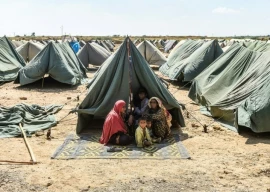
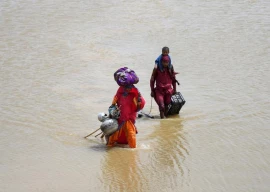
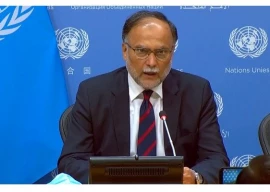
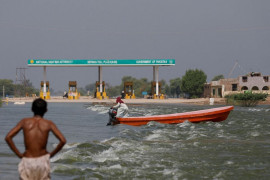


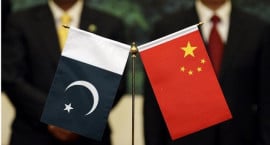
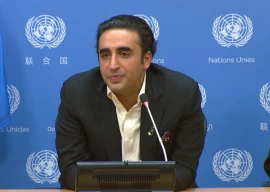



1714457720-0/Capture-(2)1714457720-0-270x192.webp)

1714458129-0/BeFunky-collage-3-(2)1714458129-0-270x192.webp)









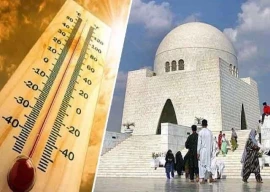
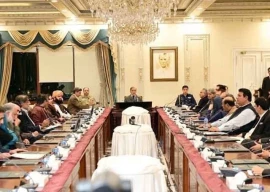
-(1)1714378140-0/AliAminMaryam-(4)-(1)1714378140-0-270x192.webp)

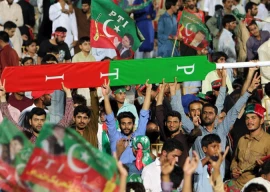






COMMENTS
Comments are moderated and generally will be posted if they are on-topic and not abusive.
For more information, please see our Comments FAQ